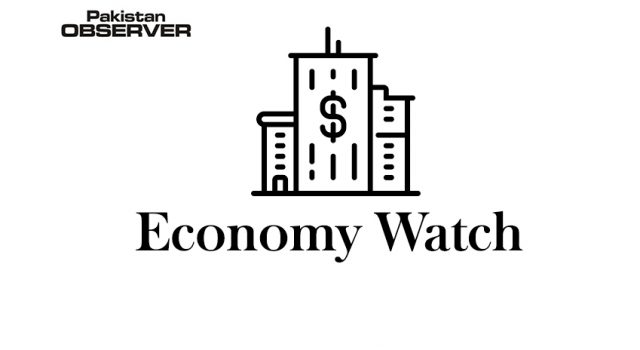As the rupee gained strength against the dollar, prospective automobile buyers are inquiring about a downward revision in the prices of cars and motorcycles at local dealerships. However, auto sector stakeholders do not anticipate any immediate price reduction.
The commodity dealers also reiterated the same expectation from hard-pressed consumers who are looking for price relief amid rising inflation.
Despite claims of enhanced localization. car, jeep, and SUV prices have risen by over Rs300,000 in the last month, depending on engine power, while motorcycle prices increased by Rs5,000–25,000 in the same period.
“Customers are expecting a price revision in vehicles and they have been inquiring about it since the rupee has started appreciating against the greenback,” a Japanese car dealer said.
Auto sector, commodity dealers say consumers anticipate a reduction in rates
He said it seemed that many buyers had been holding up their plans to purchase cars in anticipation of a downward price revision by assemblers.
Another Japanese car dealer said people were looking for a price cut. “We don’t have any answers for them.”
Association of Pakistan Motorcycle Assemblers (APMA) Chairman Mohammad Sabir Sheikh said, “Consumers are now arguing with the dealers as to why are bike prices not coming down after the rupee appreciation.”
He said assemblers are in a fix as they have imported raw materials after opening LCs at higher rates.
Mr Sabir said one dollar now sells at Rs226 in the interbank market after hitting around Rs240. If one dollar came to Rs200, it would make a strong case for the bike assemblers to reduce prices.
A Korean vehicle assembler said, “Let the rupee settle down a bit. A lot of uncertainty looms over the economic and political fronts. Auto assemblers will review pricing once things settle down.”
A Chinese vehicle assembler believed that the increase in prices by car assemblers was based on one dollar equalling Rs235.
“We need to see the exchange rate in the coming two weeks to decide the future vehicle price indicators,” he said.
Some Japanese car assemblers did not answer the queries regarding prices amid a strengthening rupee.
The assembly lines of the auto industry, however, came under severe pressure after the State Bank of Pakistan’s (SBP) strict restrictions on clearing completely knocked down (CKD) kits. After repeated requests, the SBP has started issuing some limited quotas for the assemblers to import CKD units.
However, the central bank’s decision forced the Indus Motor Company (IMC) to observe non-production days (NPDs) from Aug 1 to 13 on a parts shortage issue.
Pak Suzuki Motor Company Limited has also hinted at following suit in case the parts shortage intensifies. Some assemblers are running their operations as they still have old stocks of parts and accessories on hand.
Karachi Wholesalers Grocers Association (KWGA) Chairman Anis Majeed said commercial banks had ruined the import trade as they retired the import documents at Rs245-266 to a dollar instead of Rs239-240 in an unregulated environment.
He said no regulatory authority came out to rescue the importers as banks were making a humongous amount of money on foreign exchange transactions.
As a result, the difference between the interbank and the bank’s negotiated price had crossed five to seven rupees to a dollar.
Mr Majeed said the business community was facing cost uncertainty, especially on the goods that the importers were bringing in on 90-120 days of credit.
“In the given circumstances, any price relief for the people on imported commodities seems a remote possibility,” the KWGA chairman said while analysing the impact of Rs20 per kg on imported commodities when one dollar had reached Rs240 from Rs195-200 in the interbank market.
He said a chance of a price cut had emerged after the rupee’s soaring value, but commercial banks had played havoc with the importers by charging extra money on retiring import documents.
“Any price relief would depend on the future exchange rate stability and world market rates. The business community has lost confidence in the current government which has failed to manage economic and trade issues,” he added.










